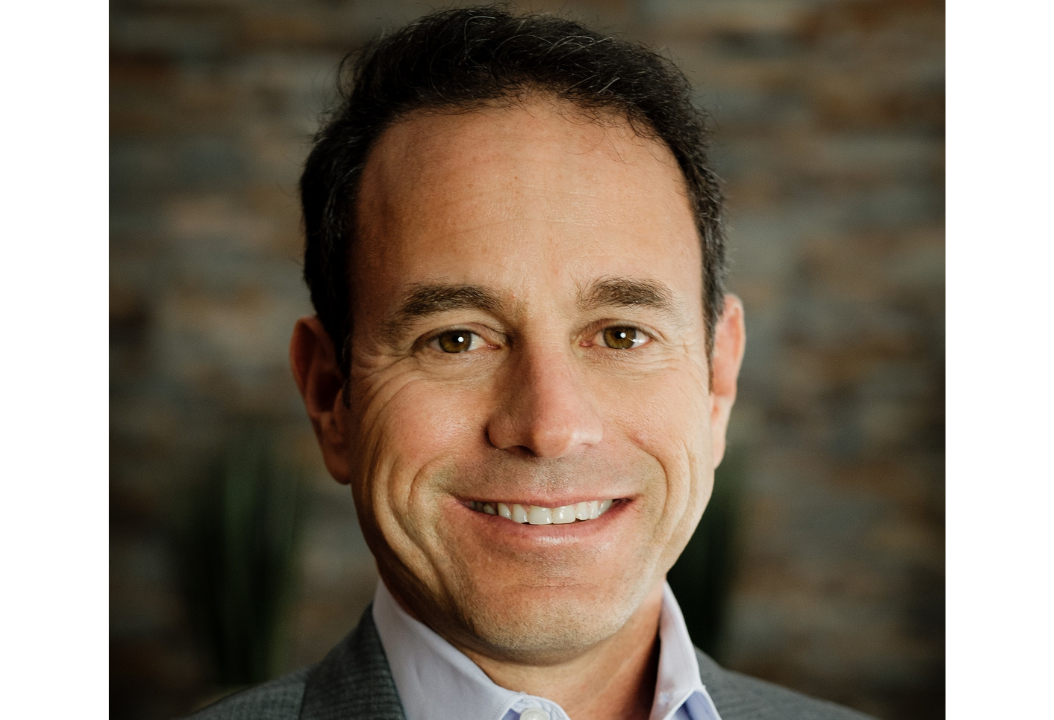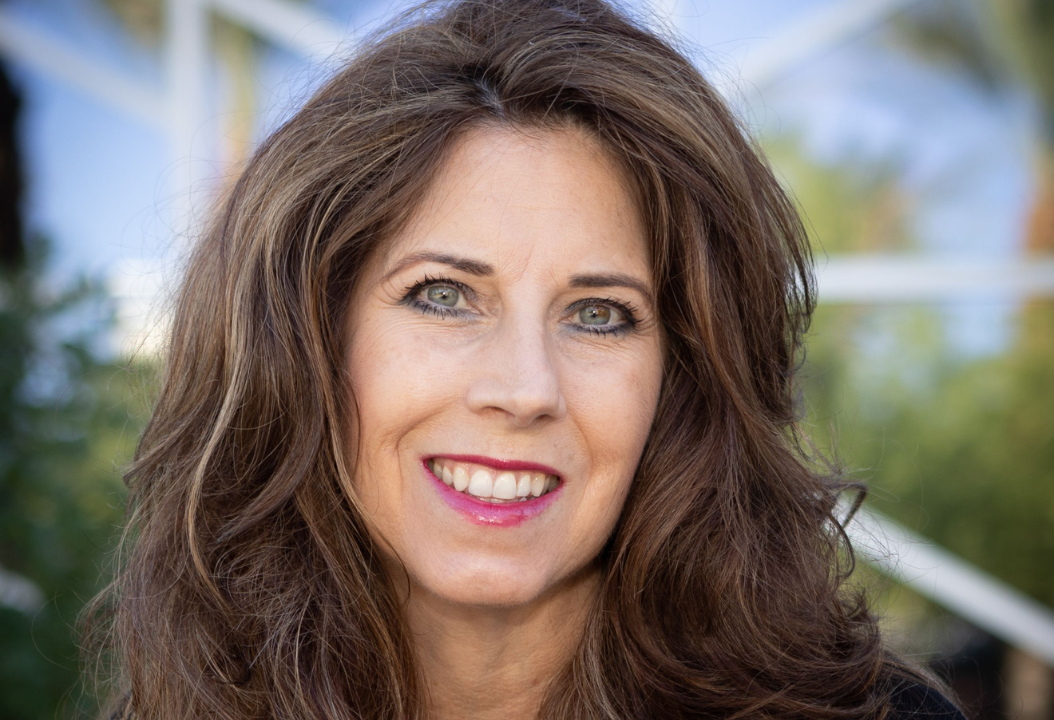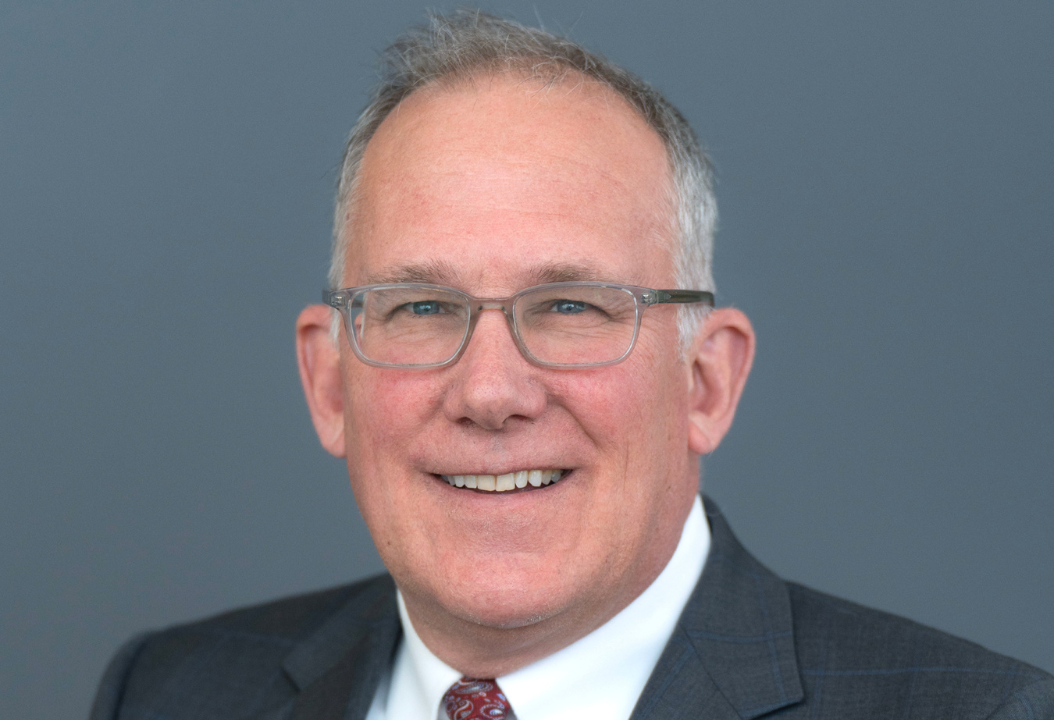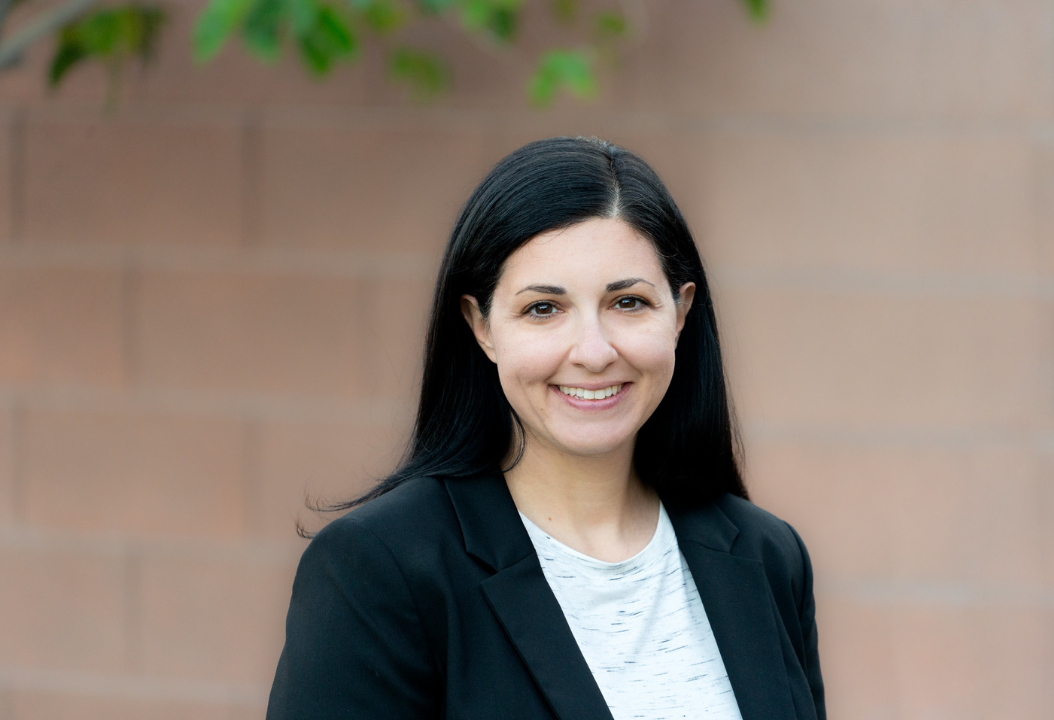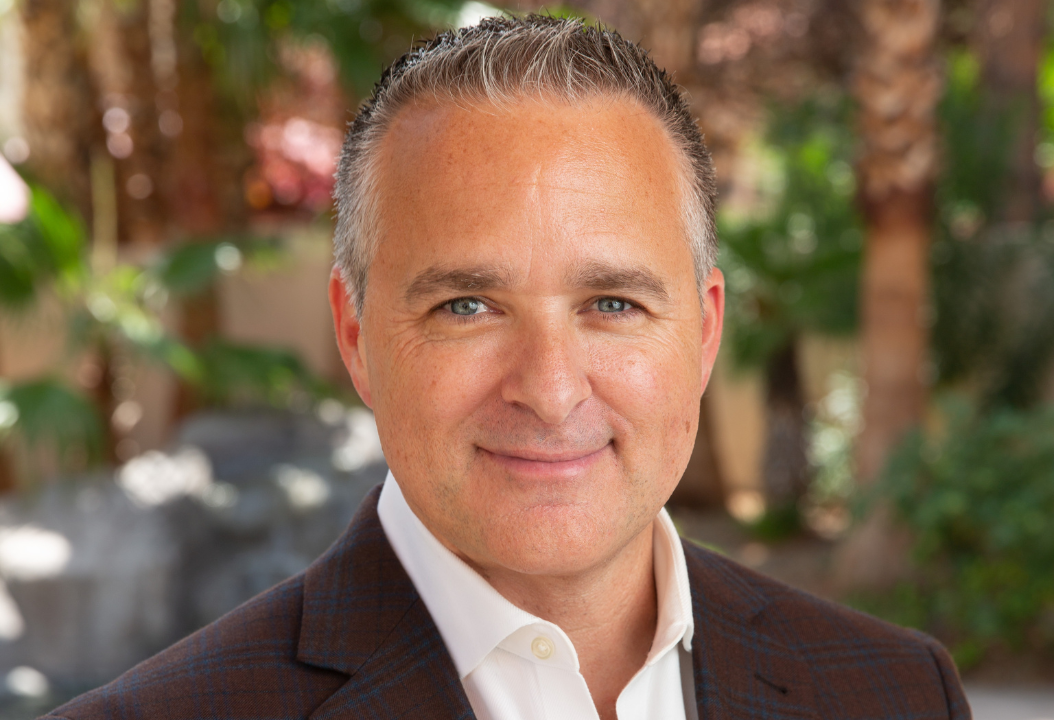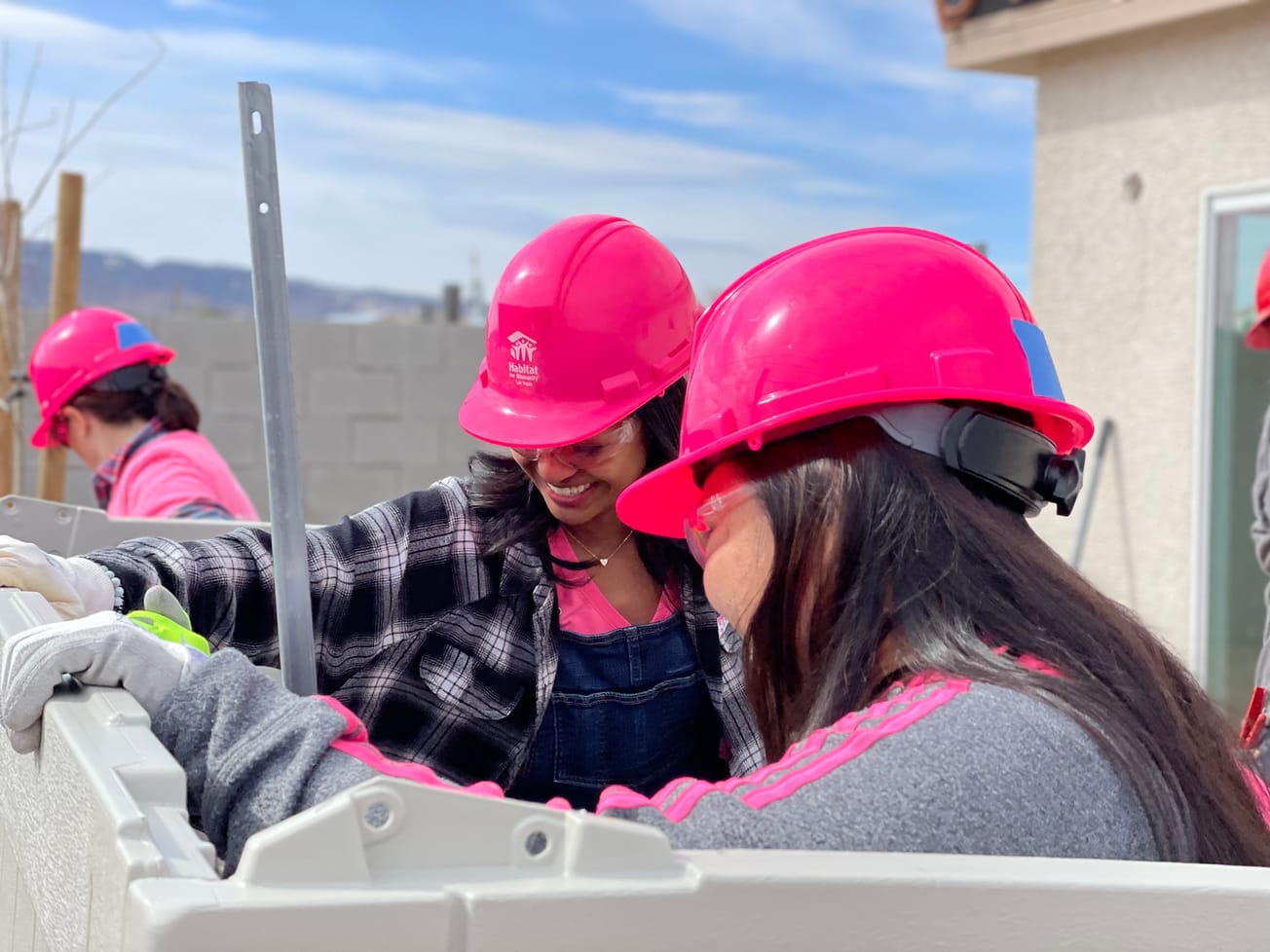Since 2010, Rupert Ruiz has served as the President for CPLC Nevada, a subsidiary of Chicanos Por La Causa, a non-profit organization focused on providing Health & Human Services, Economic Development, Housing, Education and Advocacy to underserved populations.
1) Can you provide an overview of your nonprofit's mission and the impact it has on the community?
Chicanos Por La Causa (CPLC) was established in 1969 to fight discrimination against the Mexican American community. As a grassroots group of community members, we advocated for equity in education, politics, and labor conditions. Today, CPLC extends its services to individuals from diverse backgrounds, driven by our mission to foster economic and political empowerment.
Through a diverse range of programs, we facilitate personal growth across five Areas of Impact: Health & Human Services, Housing, Education, Economic Development, and Advocacy.
With offices in Arizona, California, Nevada, New Mexico and Texas we impact nearly 1 million lives throughout the nation every year.
2) What are the most pressing challenges that Chicano/Latino communities face today, and how is CPLC working to address them?
Underserved communities confront urgent issues such as inequalities in housing, the economy, education, and health. CPLC stands behind equitable rights and the welfare of all marginalized communities. Students residing in underserved areas tend to enroll in schools with lower academic performance. They are also more prone to experiencing poverty compared to the majority, lacking access to essential resources. Our dedication lies in collaborating with these underserved communities to overcome the obstacles they encounter. CPLC firmly upholds the belief that every individual deserves the chance to thrive, regardless of their ethnicity and backgrounds.
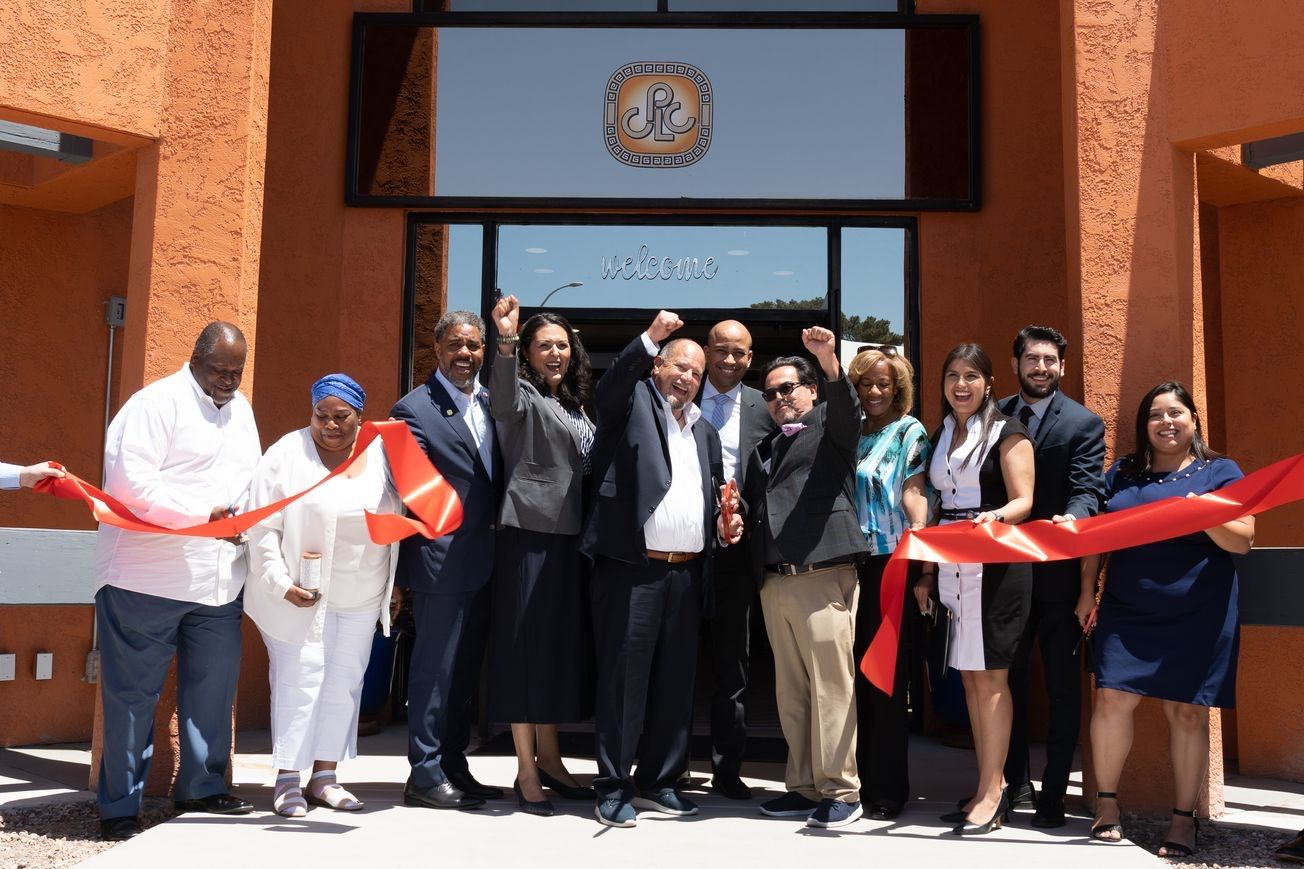
3) What are some of the challenges minority-owned small businesses are facing in Nevada?
Language barriers pose challenges for minority-owned small businesses, hindering effective communication with customers, suppliers, and partners. These entrepreneurs face persistent hurdles in accessing capital, struggling to secure loans for business initiation and expansion. Discrimination and bias further impede their growth, affecting contract procurement and customer base expansion.
Prestamos CDFI, a division of CPLC has been dedicated to reducing barriers to capital and providing equality for businesses and individuals. Thoughout their lending programs and business coaching they address these gaps. This initiative aids economic development, fostering sustainability and equitable growth for minority entrepreneurs, contributing to a more vibrant business landscape.
4) How does CPLC support economic development within Chicano/Latino communities, including economic development and workforce development?
CPLC is committed to advancing underserved communities through economic development and workforce development. Prestamos CDFI, offers affordable loans, financial literacy, and personalized business consulting, tailored to minority entrepreneurs. Additionally, they guide entrepreneurs in business planning, marketing, and navigating regulations, fostering successful businesses within these communities.
Simultaneously, in our Youth Build program we provide job training, education, and career programs, enhancing job prospects and community well-being. This approach particularly benefits specific youth from 16 to 24 years of age (not working or enrolled in school). In this program education and employment converge, aligning job seekers with employers in high-growth sectors.
5) Could you describe any collaborative efforts or partnerships your nonprofit has established with other organizations or businesses?
We've established numerous collaborations and partnerships with entities such as City of Las Vegas, City of North Las Vegas, Nevada Department of Employment, Training and Rehabilitation (DETR), Latin Chamber of Commerce Nevada, Nevada Homeowners Assistance Fund, UNLV School of Medicine, Small Business Administration, Minority Business Development Agency, Southwest Gas Corporation, US Filipino Veterans Group Inc., COX and more. These alliances synergize resources and expertise to amplify our community impact. Working together, these partnerships have played a pivotal role in tackling challenges within Nevada's underserved communities.


